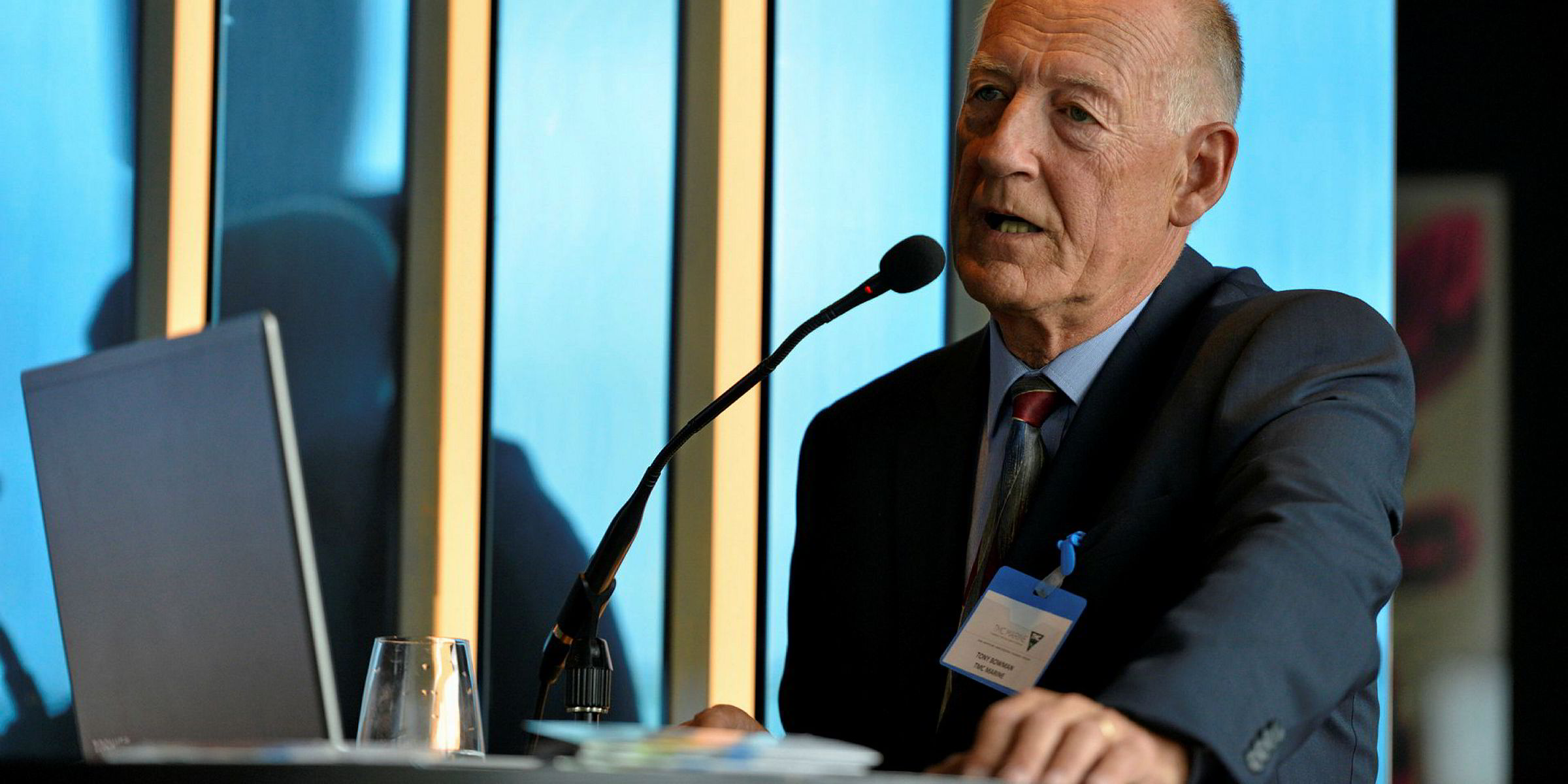Shipowners are being encouraged to hand ship design data to technical experts as part of pre-incident salvage deals to develop a cheaper and more effective emergency response in the event of a casualty.
Technical services and salvage expert TMC Marine, which launched emergency response service ERS Premium in London last week, has agreed terms with 100 ships on exclusively providing technical consultancy in casualty situations.
The principle behind the agreement is that the owner provides data that will allow TMC to build a computer model of the ship.
If a casualty occurs, the computer model can be immediately accessed to assess critical safety parameters such as hull strength and stability.
TMC director Tony Bowman said: “Usually before a casualty we don’t know the owner so we have to build up a relationship, which takes time. There is often no ship data available and the owner has to send it and that adds to delays, which could be improved upon.”
He points to TMC’s experience in the salvage of the 19,000-teu CSCL Indian Ocean (built 2015) in the Elbe. He says it is a casualty that could have been resolved earlier and more cost effectively had a pre-agreed arrangement been in place and technical data been immediately available.
Salvage experts say shipowners and their insurers are being increasingly drawn to such pre-emptive agreements.
Providing ship data as a precautionary move is important, they suggest, because the increasing size of ships is making salvage more technically challenging and the early stages can be critical.
Penalties for environmental damage are rising, making swift casualty resolution essential to contain costs.
Having a pre-incident agreement in place also helps insurers agree salvage work on a contract basis where the costs are more certain.
As part of the trend, the leading salvage companies have also been developing pre-agreed exclusive salvage coverage contracts with owners over recent years.
Principle of preparedness
Salvage veteran Peter Pietka first championed the principle of “preparedness” as a commercial concept in salvage when he was chief executive of Svitzer.
Under the scheme, Svitzer offered owners extensive salvage and emergency response protection around the globe on a pre-agreed contract basis to help mitigate risk for more than 250 ships.
Following Svitzer’s merger with Titan Salvage, the principle has been developed into Global Preparedness Cover at newly formed Ardent.
Ardent emergency management director Oliver Timofei said: “The more we know about a vessel and its operator, the faster we can respond and stop an incident from turning into a crisis.”
As an example, Ardent ensured enough salvage and emergency response cover was in place to safeguard the 68,870-gt cruiseship Crystal Serenity (built 2003) on its voyage crossing the North West Passage last year.
Similar contracts are available from other major salvage companies such as Smit Salvage and Resolve Marine Group.
Salvage experts say other factors will promote the use of pre-incident agreements between owners and salvors in the future.
One is the increasingly sophisticated risk-assessment tools developed by insurers, such as the Norwegian Hull Club, which consider the availability of salvage response capability as part of a ship’s risk profile. Another is the prospect of upcoming regional requirements for salvage companies to have pre-agreed oil-spill response contracts in place with approved local contractors.
The ERS Premium service stems from the US Oil Pollution Act 1990 and a similar scheme in operation in China, with other regions also looking at adopting the principle.



